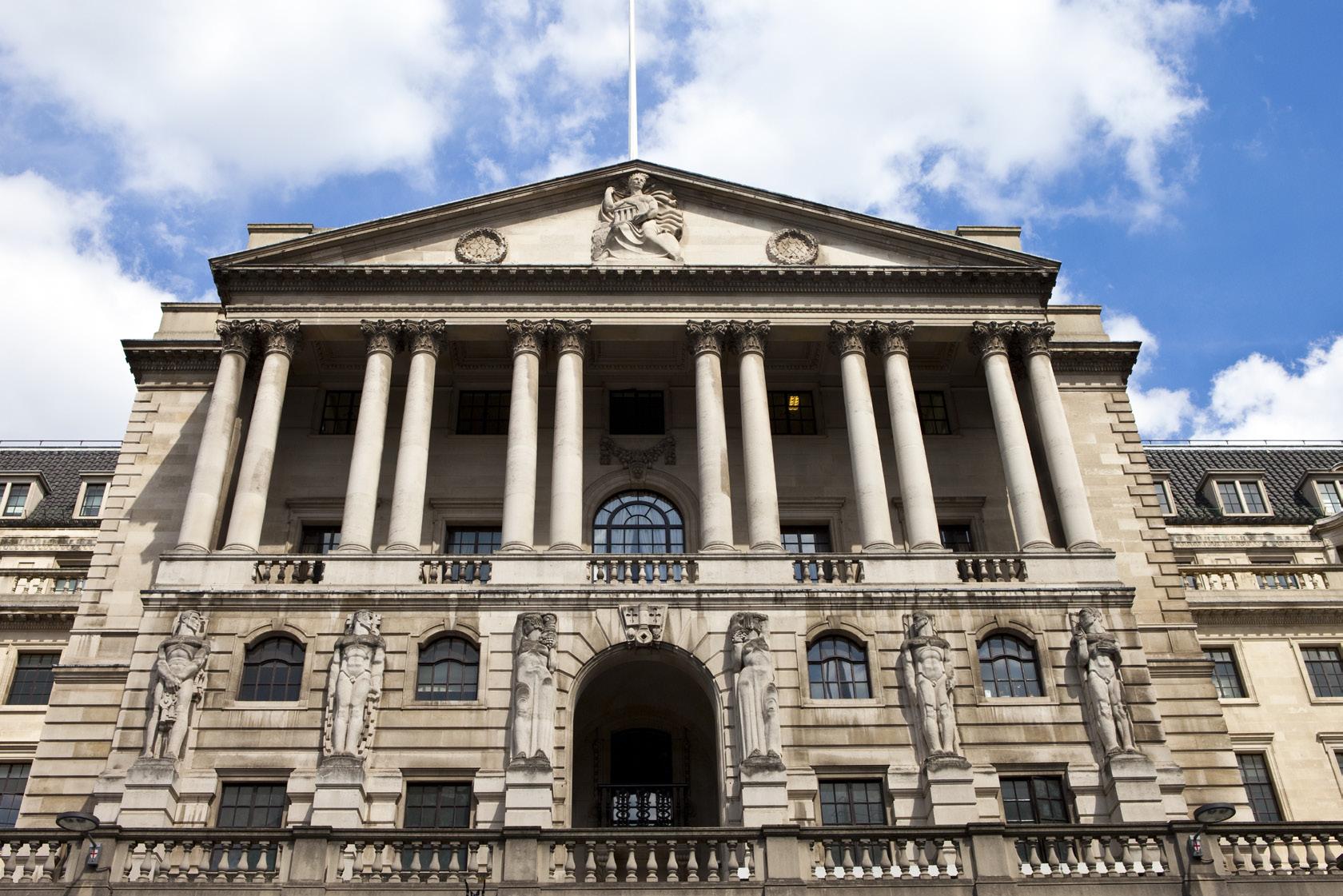
2 minute read
Bank of England Update
Encouraging signs for the UK economy

Advertisement
Gareth Harrison, the deputy agent for the North East for the Bank of England writes for Construction Worx highlighting UK economic growth…
The Bank of England’s Monetary Policy Committee (MPC) met in January to decide on the appropriate level of Bank Rate—the official base rate of interest in the UK. The MPC also updated its forecasts for economic growth and inflation. The latest forecasts show UK economic growth picking up steadily over the next few years, after a sluggish 2019.
That pickup chimes with the early signs of a rise in business confidence we’ve seen in surveys and in the conversations I and my fellow agents have had with contacts at businesses in the North East and across the UK in recent weeks. Our contacts report they are more likely to make positive decisions on investment, now that their Brexitrelated uncertainty has fallen. Some survey indicators of output have also increased recently, likely reflecting this fall in uncertainty, as well as signalling a pickup in growth.
The MPC expects Brexit-related uncertainty to fall further, driving an increase in investment and output, as more detail on the UK’s future trading relationships comes out. Lower uncertainty also appears to have been boosting activity in the housing market. And with unemployment at its lowest level in over 40 years, households are generally confident about their own finances and the wider economy. The outlook for the UK also reflects encouraging signs in the world economy.
Helped by some easing of trade tensions and the loosening of monetary policy by many central banks, world growth looks to have stabilised and is forecast to strengthen, supporting economic activity in the UK. As the UK economy recovers and the impact of falls in energy and utilities prices fades, inflation is forecast to rise to the MPC’s 2% target by the end of next year. In light of these encouraging developments, and what they mean for growth and inflation, a majority of the MPC decided that it was appropriate to keep Bank Rate at 0.75%.
But the MPC noted a number of risks around its forecasts. The world economy is not guaranteed to strengthen: a renewal of trade tensions, or the emergence of other threats, such as that posed by the coronavirus, could cause growth to weaken. In the UK, too, the forecast economic pickup is not a certainty. Uncertainty is still higher than usual; and if it takes a long time for more detail about the UK’s future trading relationships to come out, it could increase again.
In the near term, the MPC may need to loosen its monetary policy if the UK economy does not pick up as expected or if inflation does not rise. Looking further ahead, if the economy does recover as the MPC expects, some modest tightening of policy may be needed over the coming few years to keep inflation from rising above target.
No matter what happens, the MPC—chaired from March by incoming Governor Andrew Bailey—will continue to set policy to keep inflation stable and support jobs and growth for the good of all the people of the UK.
Gareth presented at the first meeting of the CEA Management Council in 2020. ■
Bank of England agents: act as the “eyes and ears” of the Bank to connect policymakers with local businesses and communities. To learn how to be part of their network and engage with your local Agent, see... www.bankofengland.co.uk/about/people/agents










